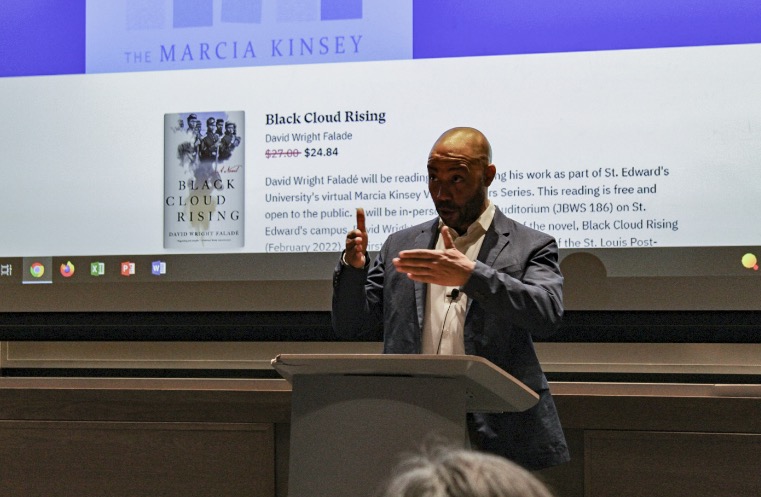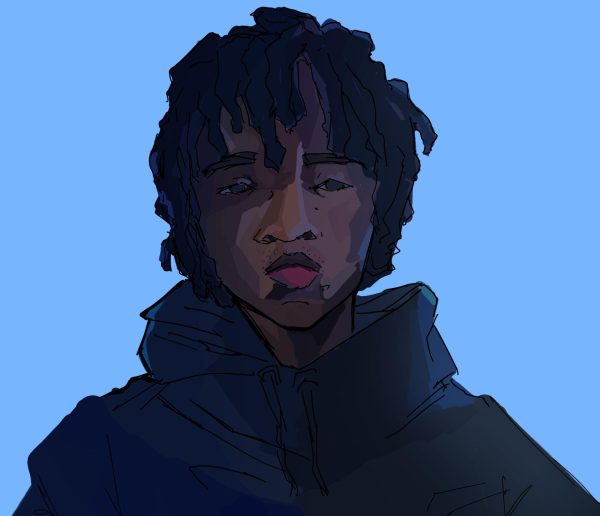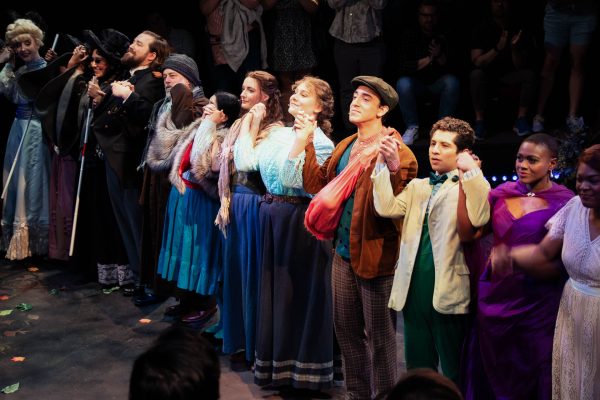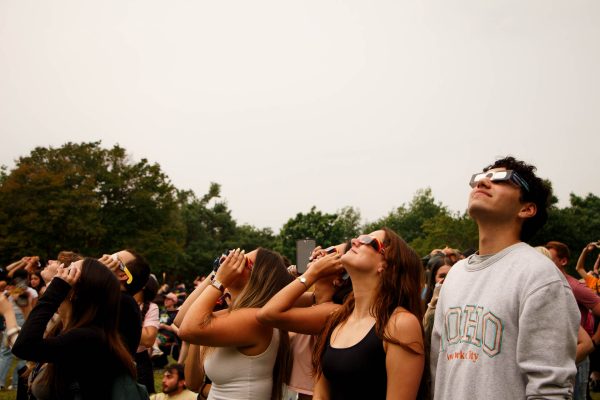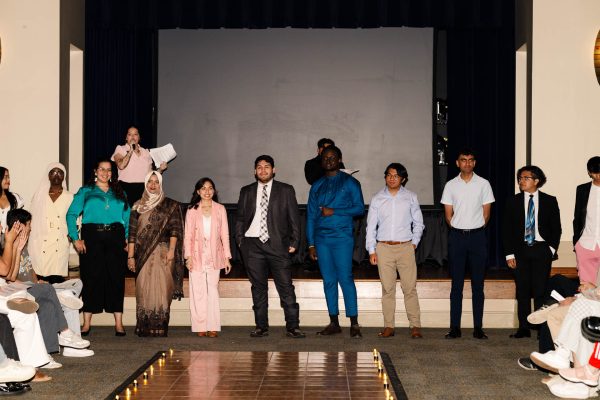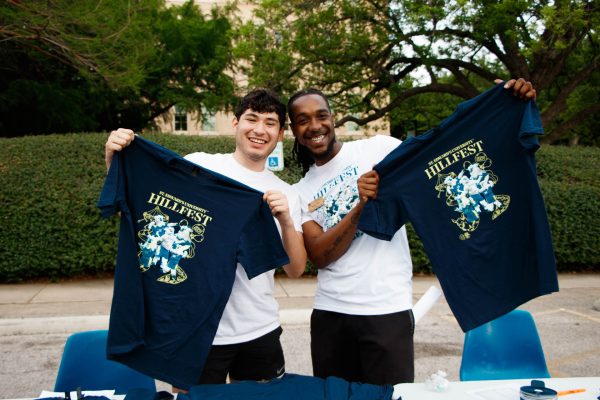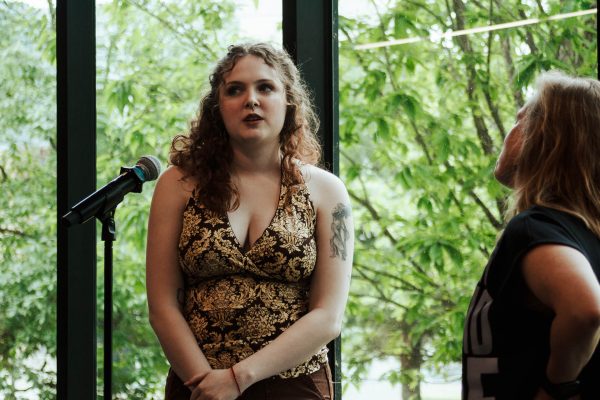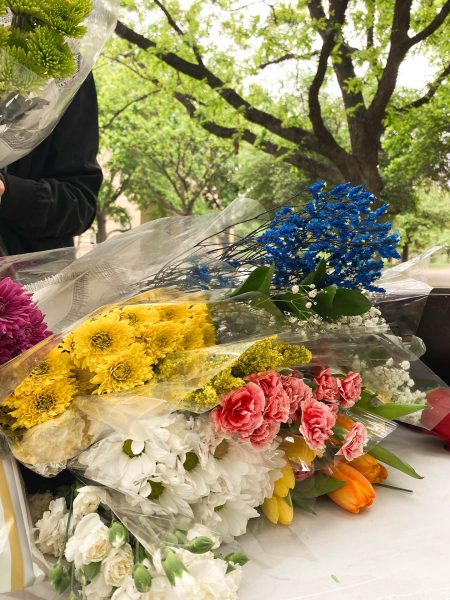Visiting Writers series returns for first in-person event for the 2021-2022 year
Marcia Kinsey’s Visiting Writers series finally returned in-person for the first time this scholastic year. It was a great experience to finally in person again.
As part of the Marcia Kinsey Visiting Writer Series, author David Wright Faladé visited campus on April 5 to share an excerpt from his latest novel “Black Cloud Rising.” In addition to reading a passage aloud, Faladé took time to answer questions on his craft, process and inspiration with a crowd of attentive readers and writers.
With “Black Cloud Rising,” Faladé, who doubles as a professor of English at the University of Illinois, crafts a compelling narrative built around truth. The historical fiction novel is based on the real story of Sgt. Richard Etheridge and the African Brigade, an all-Black regiment in the Civil War that fought against the Confederate Army. Throughout the novel, Etheridge grapples both with this external conflict and with his own biracial identity. At its core, and in Faladé’s own words, this story is a story of family and mixedness.
“I’m interested in Americanness, and the aspect of Americanness that interests me is mixedness,” Faladé said. “I feel that’s what Americanness is fundamentally about, that sort of social amalgamation that has always been happening, even if it wasn’t the intention.”
This conversation of mixedness was one that continued in the following Q&A section, which gave students the chance to learn about themes and techniques Faladé employs as a writer. For Faladé, this portion of the evening was where the true experience of a liberal arts education would be best represented.
“I went to a small liberal arts college like this one, and I really value the liberal arts,” Faladé said. “I have a book out, so it gives me an occasion to read from that for a little bit, but the conversations afterwards are what’s most important. That’s when you can exchange with students and talk about those core liberal arts values, especially thinking critically.”
Faladé’s emphasis on these values was reflected in the enthusiasm for conversation following his reading; students had more questions than there was time for answers. The ensuing dialogue, revolving around historical erasure, racial injustice and the elevation of voices often silenced by the larger American narrative, spoke to that same liberal arts value of thinking critically about the stories we hear and tell.
The event also marked the first return to in-person meetings for the Marica Kinsey Visiting Writer series for the 2021-2022 scholastic year. The series has brought four writers to campus over these two semesters, and while three of them made this journey via Zoom, Faladé’s arrival in-person felt especially like cause for celebration.
“There’s that missing kind of connection that you can’t really explain that you get when you’re in person,” said Professor Mary Helen Specht, who currently runs the Visiting Writers Series in tandem with the School of Arts and Humanities. “Seeing an author in the flesh, sharing space with them, it seems like it shouldn’t matter but it does, and so we’re excited to be back doing it in person.”
Specht’s sentiments rang true: with the lights dimmed and the room packed in Carter Auditorium, the power of Faladé’s spoken words resonated in a way that felt sorely missed.


